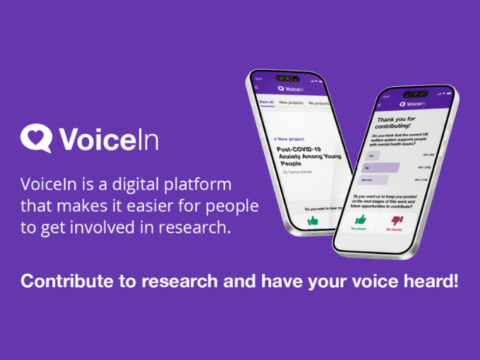Both Alzheimer’s Research UK and Alzheimers’ Society have highlighted the shockingly low participation in dementia research compared to other major health conditions. Recent announcements of a ‘national mission’ to tackle dementia and funding to strengthen capacity and capability in dementia research are, of course, very welcome. However, the barriers to recruiting sufficient numbers of people living with dementia will also need to be addressed.
These barriers are even greater for people living with the later stages of dementia who may be unable to provide their own consent to participate and who require the involvement of a consultee or legal representative. This is usually a family member who is asked to provide advice about whether the person should take part in the study based on what in their opinion the person’s wishes and feelings would be. However, we know that families find it difficult to decide as they often don’t know what their relatives’ views about research would be. Some family members experience an emotional and decisional burden, and so decline participation on the person’s behalf as a result.
For other types of decisions, people living with dementia are offered opportunities to express their wishes about their future care and treatment in the form of advance care planning. This may include lasting power of attorney arrangements, drafting an advance statement about their wishes, preferences, beliefs and values, or making an advance decision to refuse treatment. Currently, none of these include preferences about future research participation.
Many other countries including Canada, USA, and Germany have processes for researchers to discuss and document views on future research participation with people who anticipate periods of cognitive impairment. In Australia, people registering with ‘Step Up for Dementia’ (equivalent to Join Dementia Research) are signposted to an Advance Research Directive document where they can write down their wishes about being involved in research in the future and name someone they trust to be involved in decisions about participation. However, there are no such arrangements in the UK.
Enabling people to have conversations about their research preferences through advance research planning could maintain their autonomy and support families to make more informed decisions about research. It could also ensure that the opportunity to take part in, and benefit from research, is available to people living with all stages of dementia.
In the CONSULT-ADVANCE study, I am exploring the views of researchers and other professionals (in addition to people living with dementia and other capacity-affecting conditions) about the acceptability and feasibility of advance research planning. The findings will be used to develop an advance research planning intervention. If you are interested in sharing your views as a dementia researcher, please do get in touch ShepherdVL1@cardiff.ac.uk

Dr Victoria Shepherd
Author
Dr Victoria Shepherd is a Senior Research Fellow at Cardiff University where she leads a programme of research to improve inclusivity of under-served groups in trials, with a particular focus on the ethical and methodological challenges around involving adults who lack capacity to consent. She leads a number of trials methodology research projects, including the development of the NIHR INCLUDE Impaired Capacity to Consent Framework which helps researchers to design more inclusive trials. Victoria is a registered nurse and is also involved in the design and conduct of a range of clinical trials and national and international studies in care homes.

 Print This Post
Print This Post




